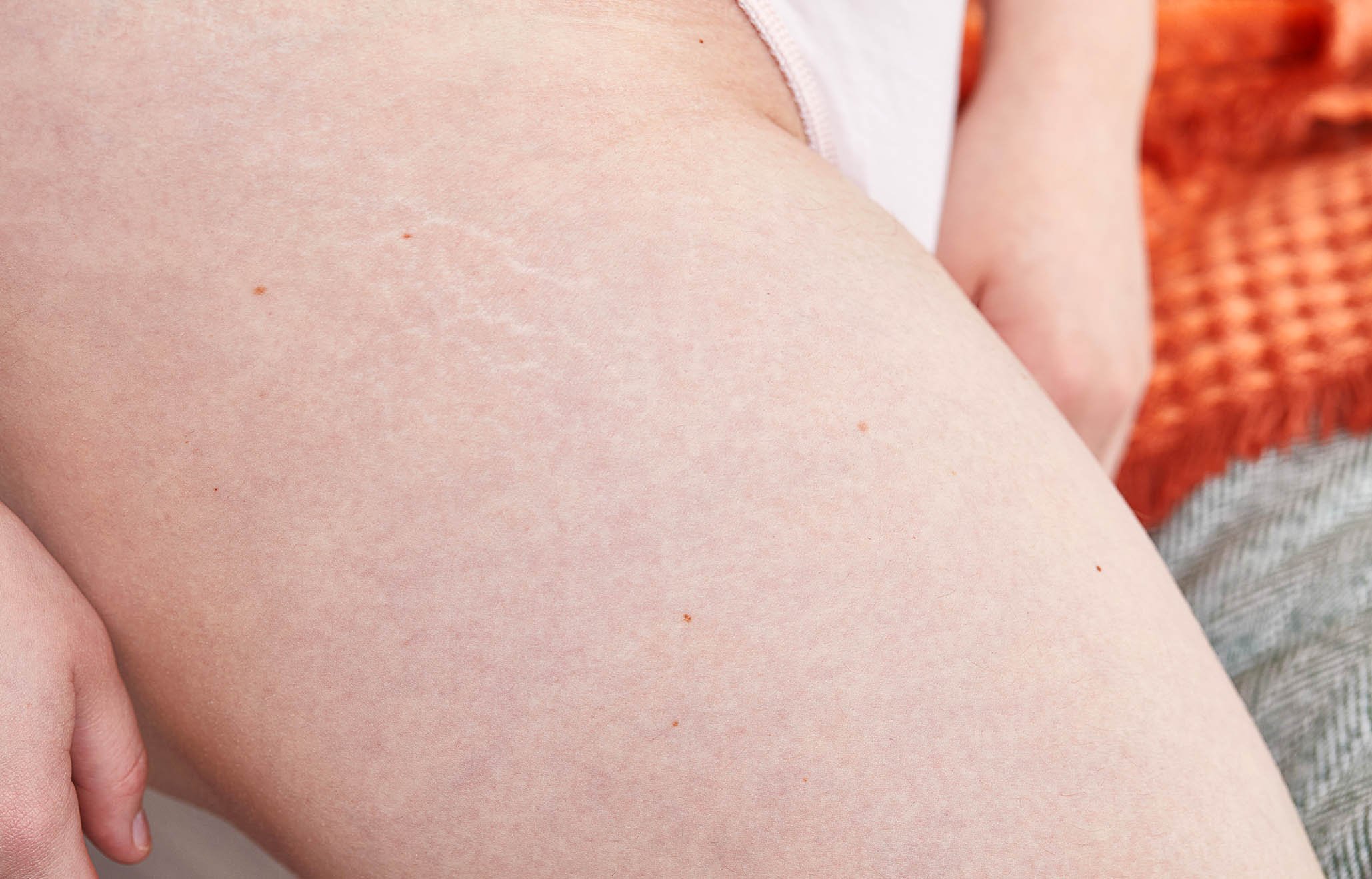
[ad_1]
Want to bounce back into shape after baby? Read on to discover why it’s best to slow down, accept the recovery process and support your body on its journey.
Stretch marks, swollen breasts (and perhaps feet), the post-natal tummy ‘pooch’… there’s no doubt that your body will look and feel different in the days, months and, yes, years following childbirth, but it’s been through an incredible experience and soon you’ll look back on the changes with pride.
Immediately, however, you may feel disconnected from your body. “It’s easy to get overwhelmed by the ‘snap back’ messaging surrounding postpartum fitness,” says Wendy Powell, of the medically recommended pre- and post-natal digital care platform, MUTU System. “There’s so much pressure on mums. You’ve got to go through nine months of pregnancy, grow and then birth a human, and the expectation is to look like you did before you had your baby. It’s nonsense.”
Indeed, data from MUTU System shows that 91 per cent of pregnant women don’t feel suitably informed for the postpartum recovery period, with the majority of new mums saying they didn’t have a plan in place. However, looking after yourself while looking after a baby is no easy feat, and when teamed with sleep deprivation, irritability and the ‘baby blues’, it can send your emotional relationship with your body completely out of whack. “It’s normal to feel overwhelmed, and you might feel less attractive or even have a sense of loss of identity,” adds Nicole Chapman, PT and pre-natal specialist. “Take each day at a time, understand that these feelings are OK…and go for long-term health and fitness by avoiding fad dieting and taking positive, healthy steps.”
Of course, you will feel comfortable in your skin again after your baby – many mums even report feeling better about their body in the years that follow childbirth – but slow and steady is key when it comes to regaining your fitness specifically. Here, the experts reveal how to nurture and support your body to a new strength that will last through babyhood and beyond…
Give in to guidance
After nine months spent carrying a baby, it can be tempting to jump straight back into an exercise regime, but make sure you approach activity with caution. “You should wait a minimum of six weeks following an uncomplicated vaginal delivery, and consult a medical professional before exercising following a c-section or a birth with any complications,” explains Wendy. “You need to take your time, be ready and avoid high impact exercise until you’ve built core and pelvic floor strength – your body will thank you in the long run.”
Exercise some kindness
It’s not uncommon to experience health problems following birth. Among those studied by MUTU System, the most common were diastasis recti (partial or complete ab separation), incontinence, postnatal depression, prolapse, and hernia. Wendy recommends doing gentle and restorative exercise: “Take a moment each day to recognise what your body has done, take a gentle daily walk, reconnect with your core and pelvic floor muscles…and make sure the exercise you’re doing is designed for a postpartum body.”
Fuel your system

A healthy postpartum body is one that is fuelled correctly. “Eat lots of fruits, vegetables, and good quality proteins (eggs, chicken, fish, nuts/seeds, organic tofu),” advises Sarah Campus, PT at LDN MUMS FITNESS. “Eat fruits that help relieve constipation and haemorrhoids, such as bananas, grapefruit, melon and prunes. And have lots of wholegrains (oats, brown rice, wholewheat pasta) for their slow-release energy, which will really help during sleepless nights and when breastfeeding.” Stay hydrated, and don’t forget to look after your skin too. “Taking an extra five minutes to moisturise will help your body to feel nourished and supple,” adds Nicole.
Embrace the evolution
Don’t waste time pining for your pre-pregnancy body. “Your body hasn’t gone anywhere; it has just evolved and can be stronger than ever,” affirms Nicole. “It took nine months to grow your baby, allow yourself at least this timeframe to feel strong again.” Above all else, push any negative feelings about your post-pregnancy body down by remembering the incredible job it has done growing a human being. “Whether you’re 10 years postpartum or 10 days, whether you’ve ‘got your body back’ or not, you deserve a giant pat on the back for simply surviving right now and being totally amazing to,’ concludes Sarah.
[ad_2]
